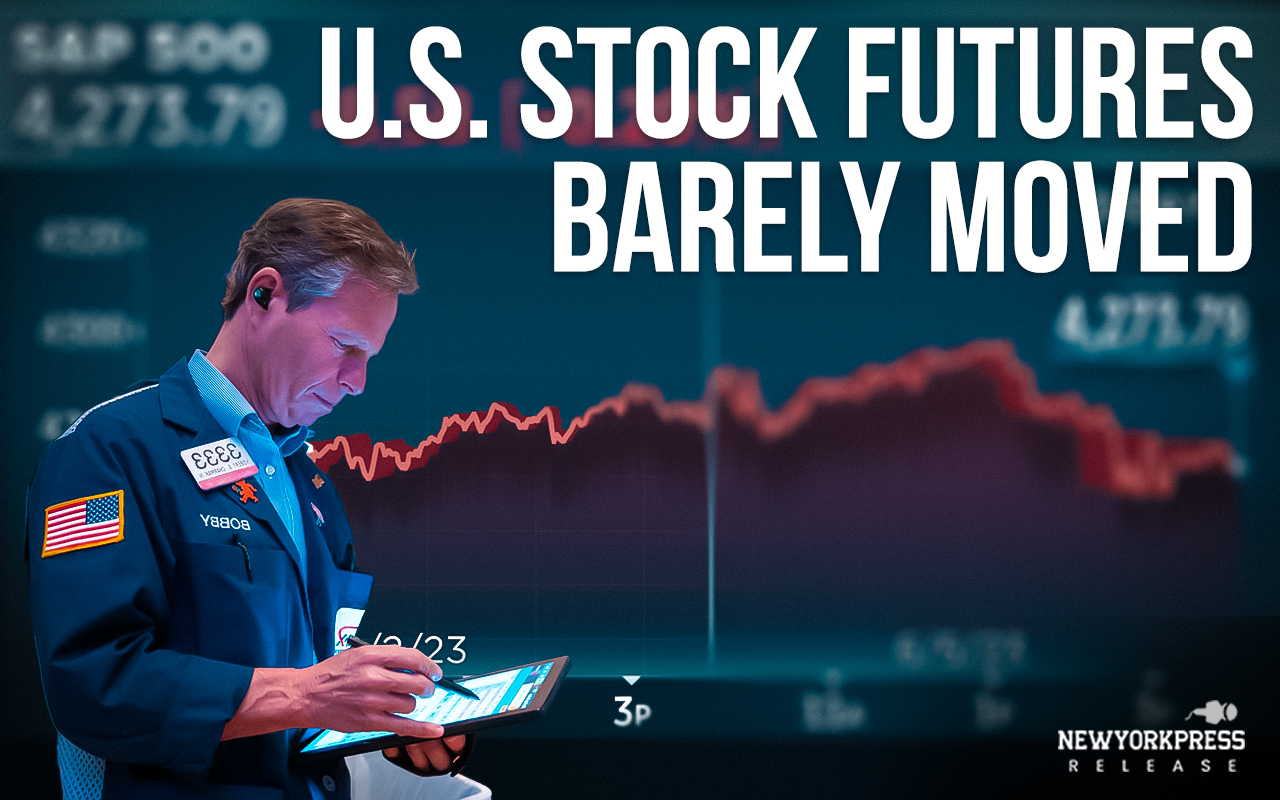In a dramatic reversal of the U.S.’s decades-long backing of Ukraine, President Donald Trump has publicly denounced Ukrainian President Volodymyr Zelenskyy while extending an olive branch to Russia. His words, coupled with senior diplomatic action, mark a significant shift in Washington’s approach to the Russia-Ukraine conflict.
Trump’s Blunt Criticism of Zelenskyy
For the last three years, the U.S. has been Ukraine’s most powerful supporter in its conflict with Russia. But Trump’s recent statements indicate a dramatic divergence from this approach. Posting on social media, he called Zelenskyy “a dictator without elections,” and continued that “Zelenskyy better move fast or he is not going to have a country left.”
Trump’s words have sent shock waves in Ukraine, where people and authorities depend much on Western aid for the survival of their nation. Under martial law because of the war, Ukraine delayed its elections, an action generally viewed as necessary but not authoritarian.
Ukraine’s Response
While Zelenskyy has avoided increasing tensions, he did react by implying that Trump seems to be guided by Russian disinformation. This remark illustrates Ukraine’s concern that Trump’s words and deeds might be more in line with Moscow’s objectives than Kyiv’s.
Olena Tokovenko, a Kyiv lawyer, was frustrated and sarcastically remarked that Trump may as well turn over Ukraine’s future to Putin. This is an indication of the increasing discomfort among Ukrainians regarding Washington’s shifting tone.
Trump’s Outreach to Russia
Trump has moved in the last week to revive talks with Russia, which was isolated under the Biden administration. He has talked to Russian President Vladimir Putin and dispatched Secretary of State Marco Rubio to Saudi Arabia for initial discussions with Russian leaders.
Trump has also floated a possible meeting with Putin, worrying that any ceasefire talks would be tilted in favor of Russia’s interests.
Diverging Ceasefire Goals
Both Russia and Ukraine want the war to end but under enormously different terms. Ukraine wants a simple ceasefire without any limitations so that Western countries can continue to aid its military. Russia, on the other hand, wishes for a ceasefire that restricts Ukraine’s military, diminishes Western intervention, and prevents Ukraine from joining NATO.
Analysts warn that Russia is tactically making concessions, including nuclear arms control talks and economic relations, to pressure the Trump administration to ease its backing for Ukraine.
With Trump’s new strategy, concerns increase regarding the way the new policy will affect Ukraine’s ability to resist Russia and retain its sovereignty.




